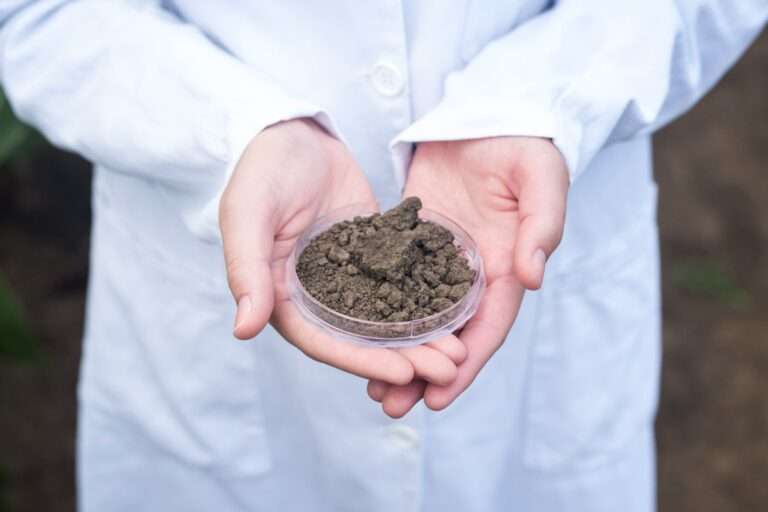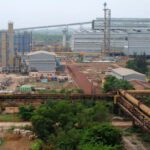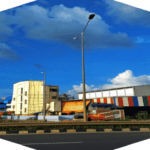Essential Soil Characteristics for Geotechnical Engineers
In the realm of geotechnical engineering, understanding the intricacies of soil characteristics is paramount. These characteristics are the foundation upon which successful construction projects stand or fall. As the backbone of Deson Home Solutions’ Geotechnical Soil Test Unit, we recognize the importance of imparting knowledge to geotechnical engineers. In this blog, we will delve into the essential soil characteristics that every geotechnical engineer should be well-versed in.
Soil Composition
Soil is not just dirt; it is a complex mixture of mineral particles, organic matter, water, and air. Geotechnical engineers must analyze the composition to determine its suitability for construction projects. Different types of soil, such as clay, silt, sand, and gravel, have distinct properties that can significantly impact a project’s stability.

Soil Texture
Soil texture refers to the relative proportions of sand, silt, and clay particles in a given soil sample. Understanding soil texture is crucial because it influences permeability, drainage, and compaction. Engineers need to classify soil based on its texture to make informed decisions during construction.
Soil Moisture Content
The moisture content of soil can vary widely, affecting its volume and strength. Geotechnical engineers must measure and manage soil moisture to prevent issues like soil expansion or shrinkage, which can lead to structural problems.
Soil Compaction
Proper soil compaction is essential to ensure that the soil can bear the load of structures without settling excessively. Engineers use specialized equipment to compact soil, increasing its density and strength.
Soil Bearing Capacity
Bearing capacity is a critical parameter that defines how much load a particular soil can support without failure. Engineers calculate bearing capacity to determine the foundation design and support structures’ safety.
Soil Shear Strength
Shear strength measures a soil’s resistance to deformation under load. It is a fundamental parameter for designing retaining walls, slopes, and foundations. Engineers analyze shear strength to ensure the stability of structures in various soil conditions.
Soil Settlement
Settlement occurs when the soil beneath a structure compresses over time. Geotechnical engineers must predict and control settlement to prevent damage to buildings and infrastructure. Accurate soil testing and analysis are crucial for managing settlement.
Soil Permeability
Permeability defines a soil’s ability to transmit water and affects groundwater flow and drainage. It is crucial for managing water-related issues, such as flooding, slope stability, and groundwater control.
Soil Erosion
Soil erosion is a significant concern in construction, especially for projects near water bodies. Engineers must assess the risk of erosion and implement erosion control measures to protect the environment and infrastructure.












